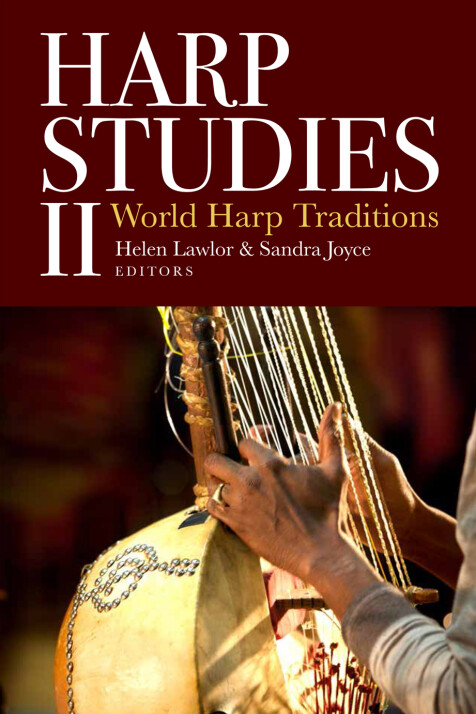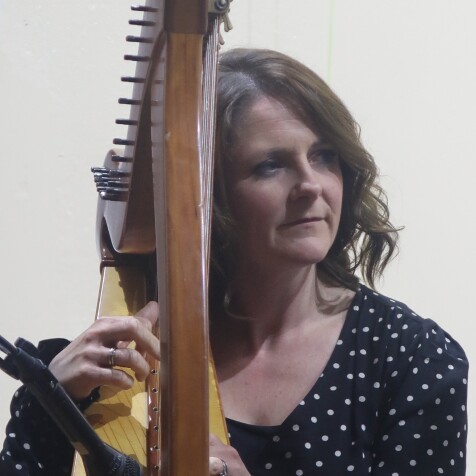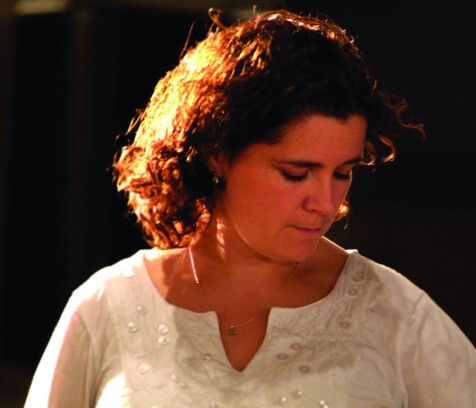Harp Studies II
World Harp Traditions
Helen Lawlor & Sandra Joyce, editors
Introduction
Helen Lawlor & Sandra Joyce
‘Cia an saoi lé seinntear an chruit’: a bardic poem to the harper
Deirdre Nic Chárthaigh
In the shadow of Bochsa: a study of three foreign pedal harpists in Dublin (c.1850–1900)
Mary Louise O’Donnell
When thy slender fingers go forth on the wire’: The visit of the Swedish harp virtuoso Adolf Sjödén to Ireland in 1879
Lia Lonnert & Helen Davies
Sustaining the harp in Ireland: Máirín and Róisin Ní Shéaghdha’s music, teaching and legacy
Cormac De Barra
‘Lantern works’: opening access to music education and harping through convent schools in Ireland
Sandra Joyce
‘Balls!’ Gender, language and aesthetic in the worlds of Irish harping
Niall Keegan
Learning together: participatory music practices in Irish harp ensembles
Helen Lawlor
Eighteenth- and nineteenth-century pedal harps: a focus on the Philharmonie de Paris harp collection
Haley Hodson
The Viggianese harp: an exploration of a musical diaspora and its parallels with the Irish tradition
Catrìona Cannon
A trajectory of the Breton harp in the twentieth century
Tristan Le Govic
A harper's perspective on the revival (or re-invention?) of the Scottish harp
Neil Wood & Joshua Dickson
Studying the diversity of Central African harps
Salomé Strauch & Sylvie Le Bomin
Innovation crushing cultural memory: harps in South Cameroon
Susanne Fürniss
Let’s make a record! Contemporary repertoires of the ngombi (harp) by Mitsogo artists in Gabon
Rémy Jadinon
Social life of the Kora
Paulla Ebron
Harps in Asia: a historical survey
Lucie Rault
Dawpuewae: forming and performing the Karen collective with the tehnaku (harp)
Benjamin Fairfield and Chi Suwichan Phattanaphraiwan



